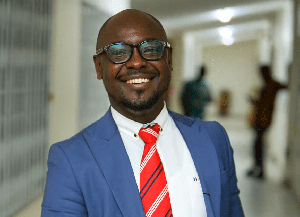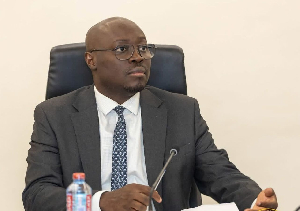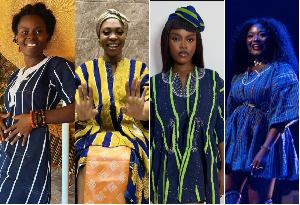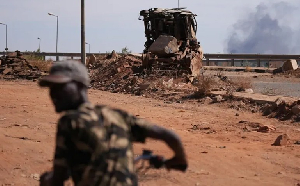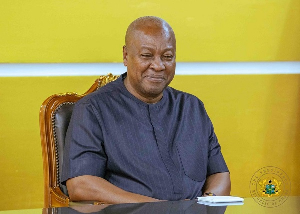The Presidency and House of Representatives may be heading for a fresh show-down as the House prepares to commence an investigation into a $13 million (N1.6 billion) loan granted the Ghanaian government early this year by the Obasanjo administration.
Daily Trust learnt that the N1.8 billion loan was approved by the Federal Government for the purchase of 100 Peugeot 306 salon cars to be used as patrol cars by the Ghanaian police.
House members are angry that the Presidency could unilaterally grant such a huge amount as loan to purchase new cars for the police force of a foreign nation when the Nigerian police is facing serious crisis of inadequate logistics and poor welfare conditions leading to the first ever strike action by the police on February 1, 2002.
The lawmakers, who are aware of the deal have, therefore, vowed to raise the issue on the floor of the House under a motion of urgent national importance and urge the House to investigate how the loan was granted, the nature of the loan agreement and where the $13 million was sourced from.
They said the Federal Government had already supplied 50 of the 306 Peugeot cars worth $692,500 to the Ghanaian police service without demanding any down payment. The Federal Government has also offered to spread payment for the 50 cars already supplied over a three-year period with zero interest.
“The second consignment of 50 cars will, however, attract an interest of 2.5 per cent,” a lawmaker said.
The lid on the $13 million loan was blown open in the Ghanaian parliament when lawmakers in that country demanded to know the source of the funds used in purchasing the 50 Peugeot 306 cars handed over to the Ghanaian police by President John Kuffuor on February 11, 2002.
Minority Chief Whip in the Ghanaian Parliament, Doe Adjaho, had contended that since parliament had not approved any loan for the purchase of the vehicles, then they deserved to know the terms of purchase, the terms of agreement if the vehicles were acquired with a loan and who authorised the expenditure, among others.
In reply to the queries from Parliament, the Kuffuor administration through the Information Minister, Jake Obetsebi Lamptey, confirmed that the vehicles were supplied by the Nigerian government.
Lamptey explained further that Nigeria granted the $13 million loan “in response to our obvious need and show of fraternal goodwill.”
It is this show of “fraternal goodwill,” that is now the source of the anger of aggrieved House members.
The lawmakers wondered why the Presidency would approve $13 million for the purchase of vehicles for the Ghanaian police when the total capital expenditure for the Nigerian Police Force in the 2002 Appropriation Bill is only N2.9 billion.
Out of this amount, the sum of N100 million is set aside for the purchase of two Peugeot 504 salon cars; 30 Peugeot 504 station wagon vehicles; one Bedford lorry; one Toyota Landcruiser; one BMW motorcycle and 10 125cc Suzuki motorcycles.
Said a House member: “We are worried about the action of the Presidency and would want to know where President Obasanjo got the money to give the loan, when the 2002 Appropriate Bill is still before the National Assembly.”
Moreover, he stated that the House must get every detail of the loan agreement and that the Presidency must give adequate justification for the loan considering the precarious conditions under which men and officers of the Nigerian police operate.
“Where did the president get approval to release such funds to buy vehicles at a time when our police force lacks enough vehicles and other logistic support system? “When the police is going on strike for lack of equipment and poor welfare conditions and at a time when Nigerians are sleeping with one eye open,” he added.
He said the country is under siege by armed robbers, violent crimes and assassinations are rampant with the police rendered helpless while the force appears incapable of quelling the smallest communal conflict.


